By Christian Veyre.
Having nothing in common does not preclude working together on online projects. Olivier Sarrouy, a university lecturer at Université Rennes 2, knows this well, as the collaborative mechanisms of Web 2.0 are a central topic in his research. He now ventures off the University’s beaten paths to present his latest project to us: wespr, a collaborative editing platform.
Before becoming a sociology and philosophy researcher in the communication department of Université Rennes 2, Olivier Sarrouy studied computer engineering at Supelec Rennes.
Long story short, a transition from mathematics and computer science to a critical approach to digital enables the young researcher to precisely describe and analyse the sociotechnical workings of Web 2.0.
Our report on the Digital Tech Conference
“The success lies in the numbers”
The topic of his thesis was decentralized organizations and collaborative production. More specifically, crowdsourcing. “Whether to add to Wikipedia or leave a review on TripAdvisor, or even to exchange value using Blockchain,” he explains, “there’s always someone who wants to participate. The major difference from the masses is that there is no leader or assignment of tasks. The success lies in the numbers.”
The motivations are nearly ecumenical: “This behaviour reflects part of the population’s desire to do things for others, without necessarily seeing a personal gain. But also without being part of a hierarchical group.”
Wavering between individualism and communitarianism
Today, these behaviour patterns are especially well-integrated by GAFA (the Internet giants), on all territorial scales. “The collective view does not translate to the granting of more power to individuals (empowerment) so they can solve society’s issues. Quite the contrary! It’s not the best solution that wins, but the statistical average.”
Cognitive capitalism has diluted and recycled all of the modernity and disruptiveness of these digital interactions, creating the gig economy and absolving itself of the redistributive aspects, and therefore of social protection. Simply put, it diverted the Web away from the positive impacts it could have offered to communities.
Marketing and marketers have also benefited from these circumstances: “Politics does not mean avoiding conflict. It is a confrontation that leads to consensus following a negotiation. Those who disagree go elsewhere. What value should we give to participative democracy if it only reflects the participation of a select few who have privatized the debate?”
» Digital Tech. Is Blockchain rewriting the rules?
The anti-Amazon application
So what needs to be done? “We must restore trust,” Olivier responds with certainty. And for the researcher, this can be achieved with Blockchain: “It’s a new way of working together on the Web. Transparently, securely, and for the benefit of all.”
In 2018, Olivier Sarrouy and his team will launch wespr.co, a collaborative editing platform that aspires to nothing less than to be the anti-Amazon: “The system is open-ended. It can involve books, newspapers, music, films or video games. You can propose a new project, share opinions and skills, write with a partner. Everything is possible. The system guarantees fair compensation in terms of copyright in proportion to involvement. Contributors will even have decision-making power for more traditional publications.”
This is also a way to highlight that the Internet giants will soon be rubbing shoulders with decentralized competitors!
Originally published in Ouest-France “Blockchain : et si on redistribuait les cartes ?“

